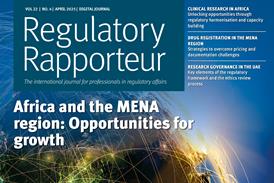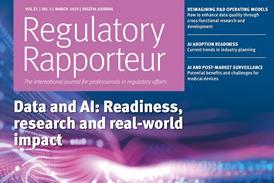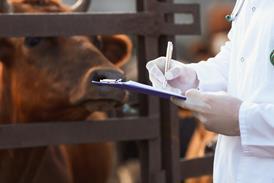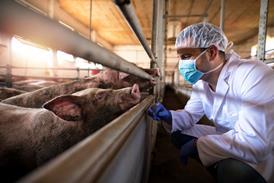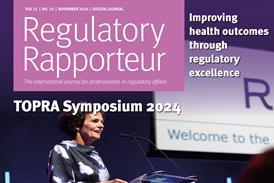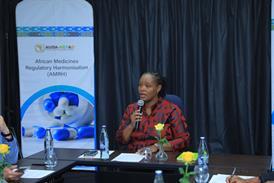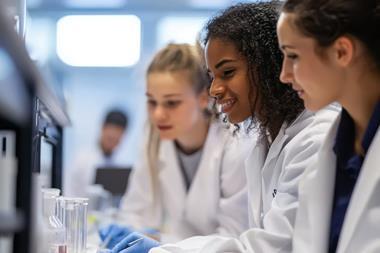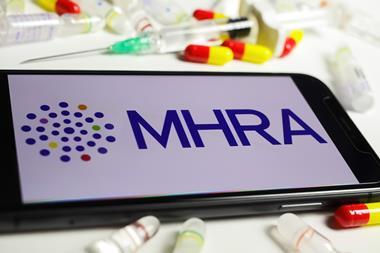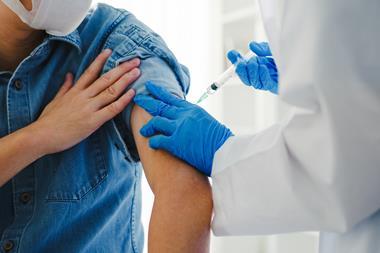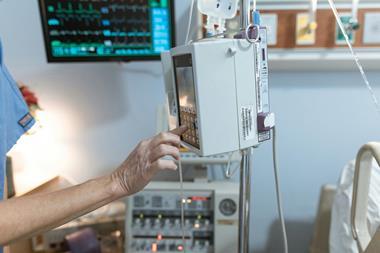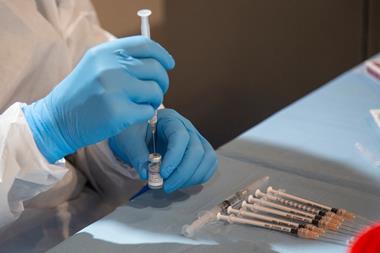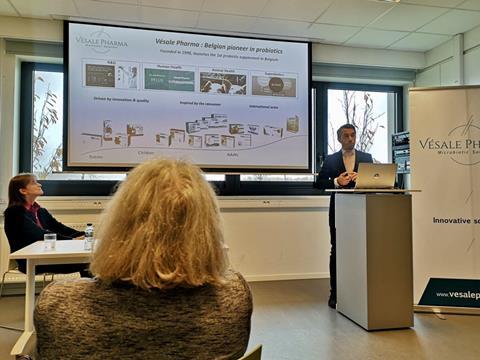
A probiotic bacteria has been found to boost immunity in newborn babies, following research led by Professor Véronique Flamand at the Université Libre Bruxelles’ Institute of Medical Immunology in Belgium.
The bacteria, called lactobacillus rhamnosus, when given to the mother during pregnancy has shown promise in pre-clinical studies in limiting development of allergies such as atopic asthma in the child.
The ‘hygiene hypothesis’ – which suggests that limiting exposure to germs and microorganisms in childhood can lead to an increased susceptibility to autoimmune disorders – may explain the trend to increased prevalence of conditions like asthma. In this context, the use of probiotics during gestation has been explored to reduce the risk of developing allergies in later life.
Researchers were able to identify that maternal intake of the test strain of probiotics could prevent respiratory pathologies in the child.
“The study of the mode of action of maternal probiotics on the development of newborn immunity, with the positive results obtained in the pre-clinical phase, heralds major benefits and serious prospects for the use of probiotics to improve anti-infectious defences and control allergic reactions in early childhood,” said Professor Flamand, the research immunologist whose expertise is in the field of neonatal immunity.
Vésale Pharma has registered a patent for the test lactobacillus rhamnosus and intends to market the product as Imupronat.®


